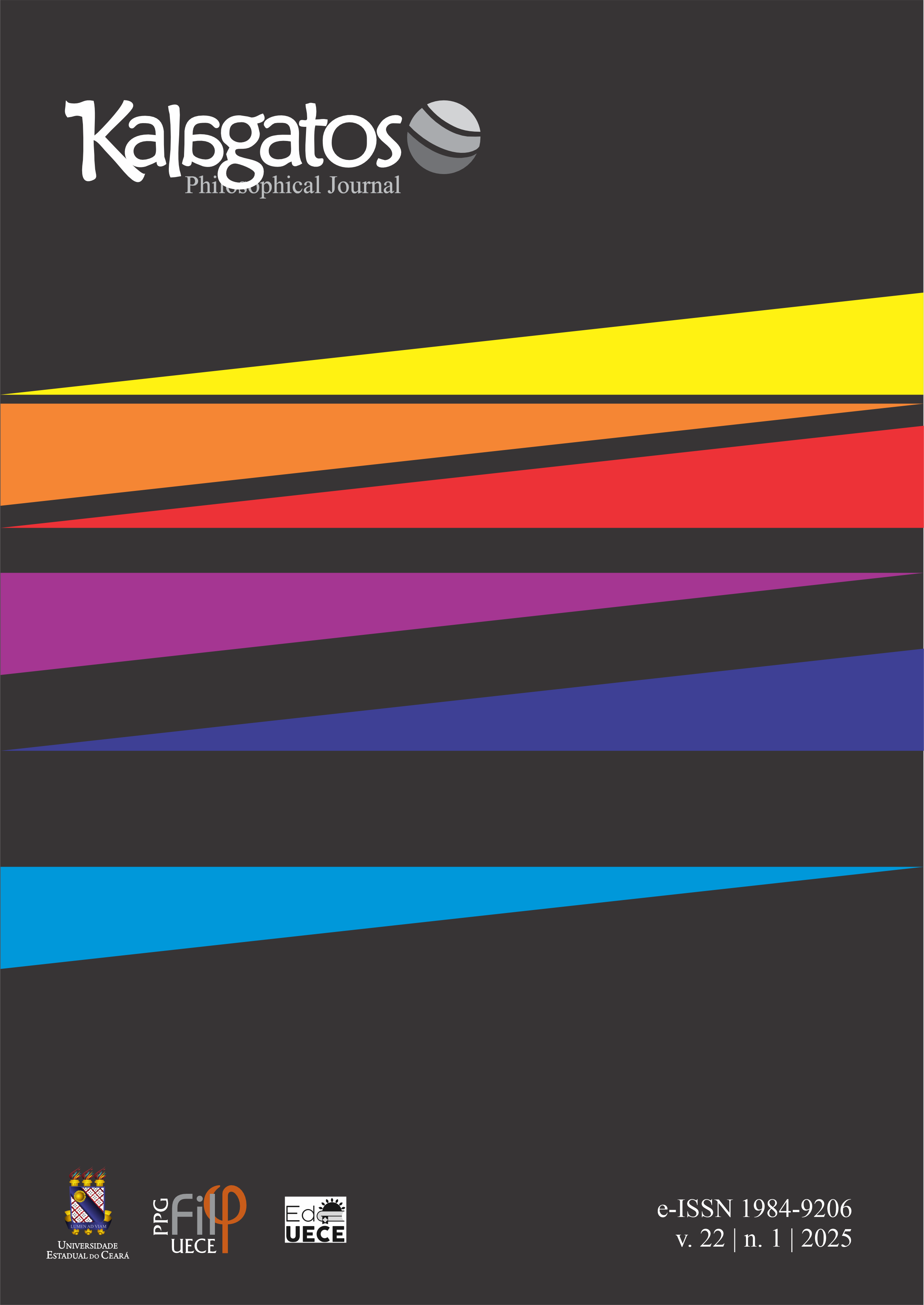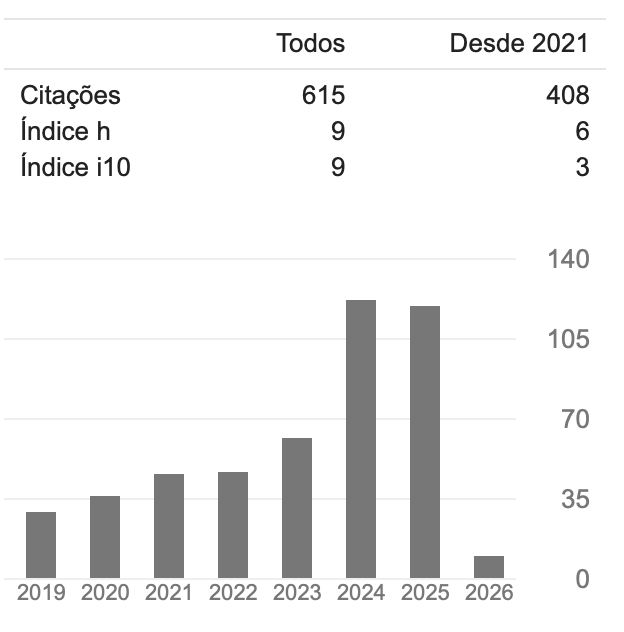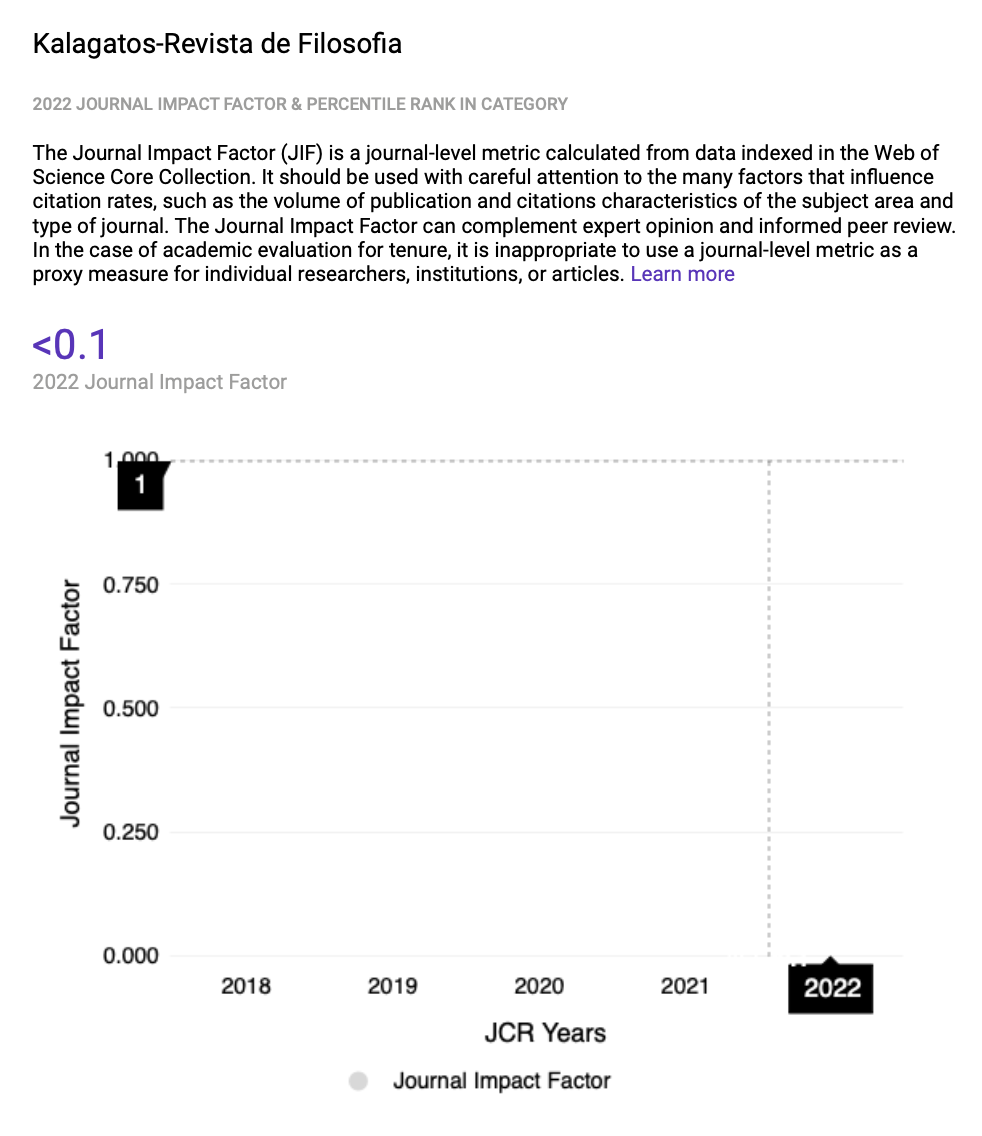Fundamentals and Understanding of the Democratic System in Thailand
DOI:
https://doi.org/10.52521/kg.v22i1.13731Palavras-chave:
democracy, political participation, freedomResumo
This research aims to: 1) understand democracy's fundamentals in Thailand; 2) identify sources of democratic understanding and interpretation; 3) study the essentials for establishing a stable democratic system. A mixed-method approach was used, combining qualitative and quantitative methods. In-depth interviews and document analysis were conducted, alongside a survey of 1,165 Bangkok citizens. The study found that the general population has a basic understanding of democracy, emphasizing regular elections as a key component. Income significantly affects understanding, while factors like sex, age, education, and marital status do not. The foundations of democracy, particularly freedom and participation, are well comprehended. However, not all elements are equally understood. A sustainable democratic system prioritizes just governance. These findings are crucial for developing policies and strategies to enhance democratic understanding and support in Thailand.
Downloads
Referências
Bhuddhasawako, P. K. D., Suyaprom, S., & Nantiyakul, P. (2022). Integration of Buddhist principles with political communication to promote harmony. Academic Research Journal, 5(2), 15-23.
Chamnanwet, S. (2021). Quantitative business analysis. Chulalongkorn University Book Center.
Chantarasorn, W. (1993). Improvement and reform of Thailand's public administration system. Sahai Block and Printing.
CHALACHALA BONGALA, N.C. (2019). LEGAL CRITICISM OF THE EFFECTIVENESS OF THE FIGHT AGAINST CLIMATE CHANGE IN THE DEMOCRATIC REPUBLIC OF CONGO THROUGH THE LEGAL BIODIVERSITY MANAGEMENT SYSTEM. – Case of the Nature Conservation Code. IJRDO Journal of Forestry, Wild Life and Environment, 1 (1), 33-50. Retrieved from https://www.ijrdo.org/index.php/few/article/view/3267
Department of Provincial Administration, Ministry of Interior. (2022). Population and housing statistics as of December 31, 2022. Retrieved from https://www.faqthai.org/2023/08/bangkok-population-2565.html
Krea-ngam, W. (2020). How constitutions are drafted. King Prajadhipok's Institute Journal, 5(1). Retrieved from https://so06.tci-thaijo.org/index.php/kpi_journal/article/view/244673
Laothamatas, A. (2016). Global democracy and Thai democracy. National Strategy Knowledge Institute, Faculty of Public Administration, Rangsit University.
Merriam, S. B. (2002). Introduction to qualitative research. Wiley.
Patton, M. Q. (2014). Qualitative research & evaluation methods. Sage Publications.
Phanichpibul, S. (2022). Mass communication theory and political communication: Interactions and basic concepts. Journal of Communication Arts and Innovation, 9(1), 1-22.
Phusritong, S. (2022). The unconditional limitation of fundamental rights guaranteed by the constitution: The problem of interpreting fundamental rights in the Thai legal system. Graduate Law Journal, 15(4), 500-516.
Poulakidakos, S., & Veneti, A. (2020). Political communication and Twitter in Greece: Jump on the bandwagon or an enhancement of the political dialogue? In Political communication and Twitter in Greece (pp. 45-54). DOI: 10.4018/978-1-4666-9879-6.ch007.
Rattamorat, N. (2019). Global democracy and Thai democracy. King Prajadhipok's Institute Journal, 4(2), 1-16.
Samutwanich, C. (1992). 100 years of bureaucratic reform: The evolution of state and political power. Research Dissemination Project, Chulalongkorn University Research Division.
Satyanurak, A. (2014). Democracy: Unequal Thais. Matichon.
Sereerangsant, T. (2019). Thai-style democracy. Journal of Social Science and Research, 14(1), 1-16.
Settabut, N. (2016). The change in governance in 1932. King Prajadhipok's Institute.
Strauss, A., & Corbin, J. M. (1998). Basics of qualitative research: Techniques and procedures for developing grounded theory. Sage Publications.
Suthichaimethee, P. (2020). Advanced statistics for quantitative social science research. SE-EDUCATION.
Thongyindee, P. (2015). Democracy: Basic concepts and principles. Eastern Asia University Academic Journal, 5(3), 11-22.
Downloads
Publicado
Como Citar
Edição
Seção
Licença
Copyright (c) 2025 Chattawat Shatnataphat

Este trabalho está licenciado sob uma licença Creative Commons Attribution 4.0 International License.



















